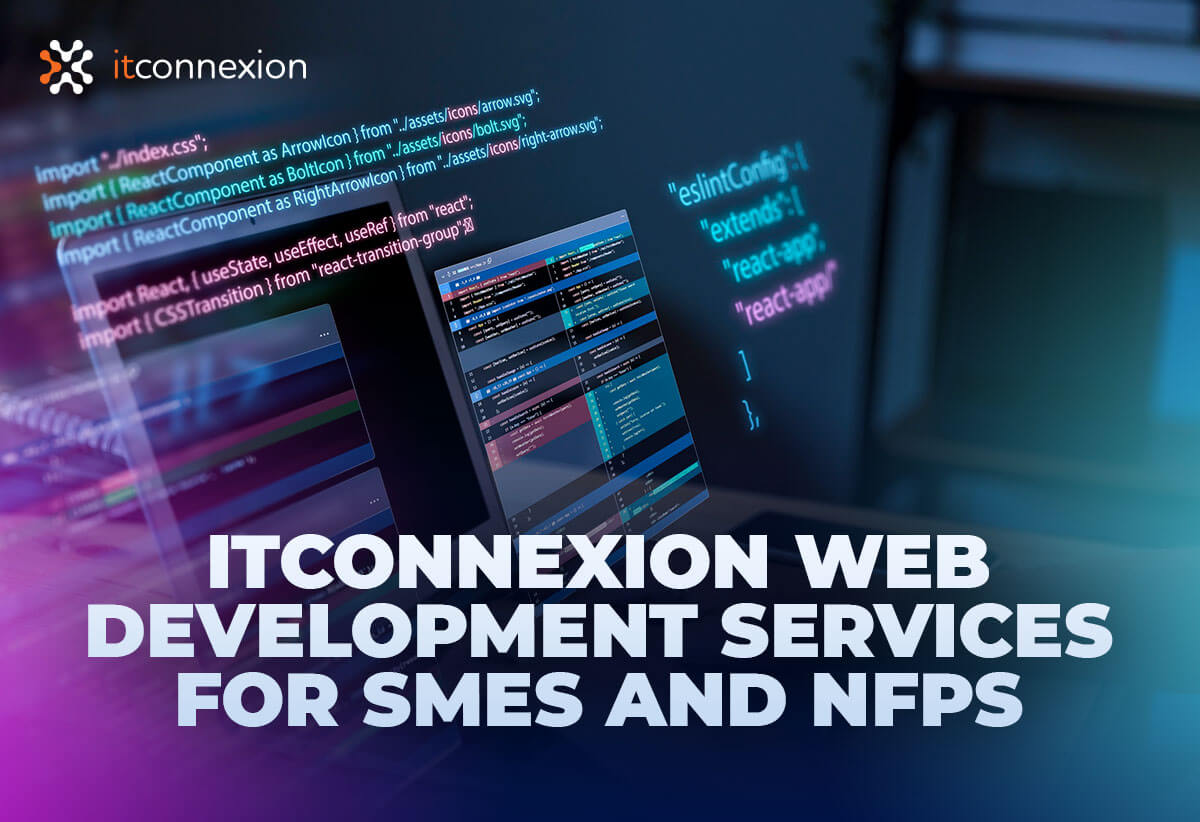Human error is one of the most prominent causes of cyberattacks and data loss. All it takes is for your employee to click on a phishing link or connect to an unsecured public network to expose your company’s most valuable, confidential data to the world.
Establishing IT policies in the workplace is the first step to ensuring your employees know how to safely navigate the digital world. ITConnexion works with countless companies in Melbourne to conduct cybersecurity awareness training and write comprehensive IT policies and procedures.
Below, we look at what yours should include.
Acceptable Use Policy
The acceptable use policy is the most critical of all IT policy examples. This policy lays out the rules for using company devices, the company network and accessing company data. Restricting how employees are allowed to use devices reduces the likelihood that they will visit a phishing site or connect to an unsecured network.
Email Policy
Email is one of the easiest ways for hackers to gain access to company data. Hackers target individual employees by including phishing links in emails. When employees open the link, the hacker can steal all of the data on their computer or install a virus.
When you establish IT policies for the workplace, your email policy explains how employees should handle suspicious emails or emails from unrecognized senders. Your IT services provider should set up an email filter to automatically flag spam, but in the case that an email makes it through the filter, your email policy can tell employees what to do.
Remote Access Policy
Now that many organisations are moving toward remote and hybrid workforces, having a remote access policy is vital. A remote access policy should outline the IT policies and procedures for safely connecting to the company network from any endpoint.
Remote work exposes your company to more cybersecurity threats. Employees working remotely are more likely to use personal devices like mobile phones, laptops, desktops and tablets to connect to the company’s network. Furthermore, employees are more likely to use company devices for personal purposes.
Sensitive Data Policy
A sensitive data policy provides guidelines for employees to securely use, store and share company data. The first step to establishing a sensitive data policy is understanding your IT infrastructure. Your IT services provider should conduct a comprehensive IT security audit to track the current pathways your data travels.
What Does This Mean for Your Company?
As technology continues to evolve, remote work becomes more prevalent and more organisations move to the cloud, setting clear guidelines for your employees to navigate the company network has never been more important.
ITConnexion, a leading provider of IT services in Melbourne, will analyse your IT infrastructure and create a custom IT policy for your organisation. To see real IT policy examples and discuss what your company’s IT policies and procedures should include, call us on 1800 06 49 61.





